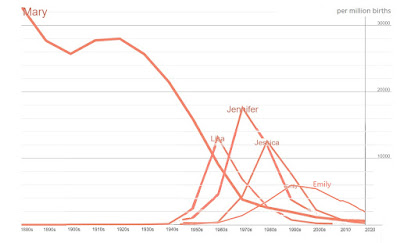April 21, 2022
Posted by Jay Livingston
The opening sentence of the Times obit for Robert Morse mentions his roles in both “How to Succeed in Business Without Really Trying” in 1961 and “Mad Men” forty-six years later. Those Morse roles were linked in subtler ways — the characters’ career trajectories and their clothing choices, as. I pointed out in a 2010 post which I am hauling out of the archives on this Throwback Thursday.
The post was mostly about America’s concern with “conformity,” but Morse’s performance in the video from “How to Succeed” is worth two minutes and fifty-three seconds of your time even if you’re not considering the cultural-historic questions.
*******************
July 1, 2010Posted by Jay Livingston
“How to Succeed in Business Without Really Trying” was on TMC Tuesday night in honor of the centenary of Frank Loesser’s birth. The Broadway show opened in 1961, sort of a musical comedy version of William H. Whyte’s 1956 best-seller The Organization Man.

Loesser’s musical was light satire; Whyte’s book was sociology. But the message of both was that corporations were places that demanded nearly mindless conformity of all employees. Or as Mr. Twimble tells the ambitious newcomer (J. Pierpont Finch), “play it the company way.”
FINCH:When they want brilliant thinking / From employeesConformity was a topic of much concern in America in those days, in the popular media and in social science (as in the Asch line length experiments). Today, not so much.
TWIMBLE: That is no concern of mine.
FINCH: Suppose a man of genius / Makes suggestions.
TWIMBLE: Watch that genius get suggested to resign.
the Organization Man, if he ever existed, is dead now. The well-rounded fellow who gets along with pretty much everyone and isn’t overly brilliant at anything sees his status trading near an all-time low. And all those brilliant screwballs whose fate Whyte bemoaned are sitting now on top of corporate America.
That’s one version. I don’t really know if the corporate climate is different today (where’s an OrgTheorist when you need one?). No doubt, “brilliant screwballs” can find save haven in corporations, at least in areas that require technical brilliance, and some may wind up at the top. But I wonder how such quirkiness survives in other areas like sales. Barbara Ehrenreich, in her recent book Bright-Sided, looks at corporations today – with their motivational speakers and “coaches” – and sees the same old demand for cheerful, optimistic obedience, especially in this era of outsourcing and downsizing.
The most popular technique for motivating the survivors of downsizing was “team building” – an effort so massive that it has spawned a “team-building industry” overlapping the motivation industry. . . .Or as Frank Loesser put it,
The literature and coaches emphasize that a good “team player” is by definition a “positive person.” He or she smiles frequently, does not complain, is not overly critical, and gracefully submits to whatever the boss demands.
FINCH: Your face is a company face.Here’s the whole song from the 1967 film version:
TWIMBLE: It smiles at executives then goes back in place.
The movie has another uncanny resemblance to today. The costumes and even the sets look like “Mad Men” – not surprising since both are set in the New York corporate world of the early 1960s. But there’s more. In the Broadway show and then the musical of “How to Succeed,” Robert Morse (Finch), rises to become head of advertising. Fifty years later, in “Mad Men,” Robert Morse (Bert Cooper) is the head of an advertising agency. (And he’s still wearing a bow tie.)




